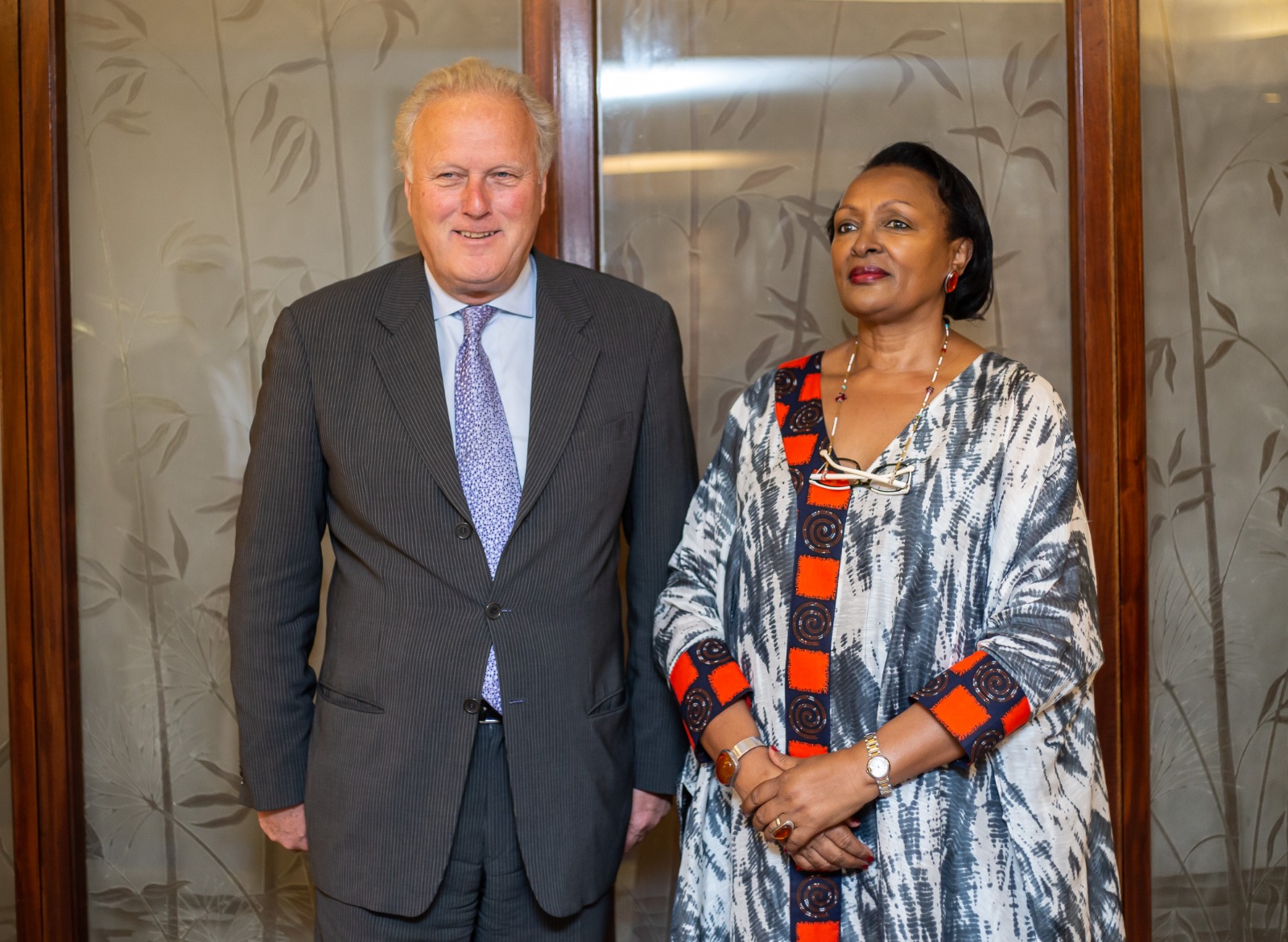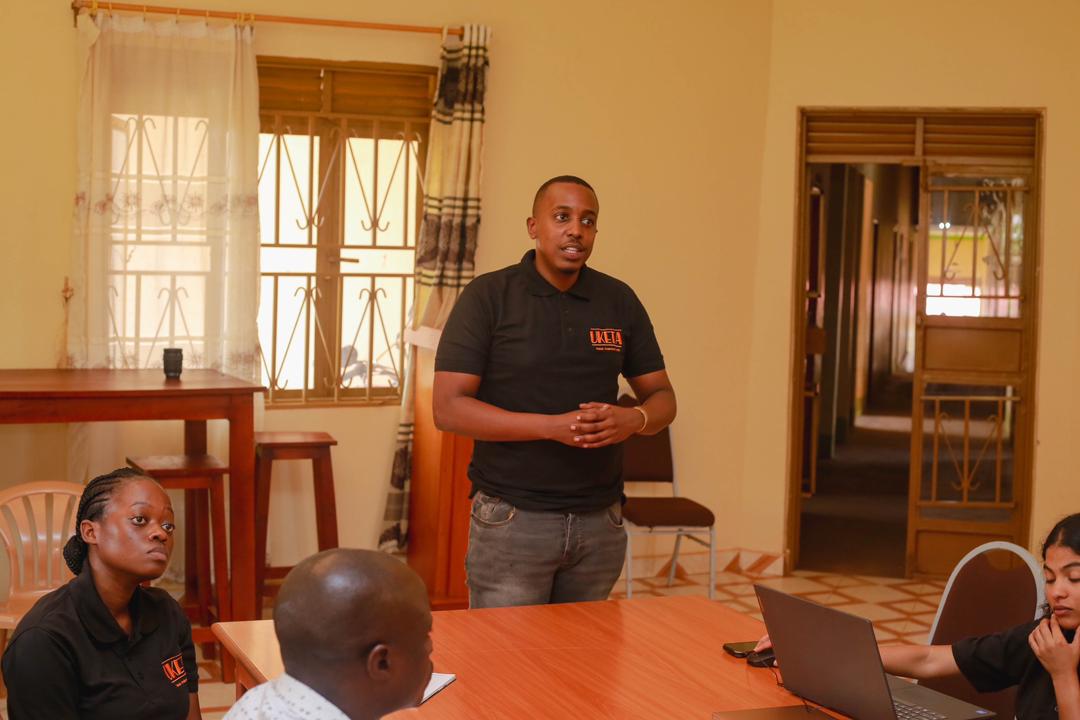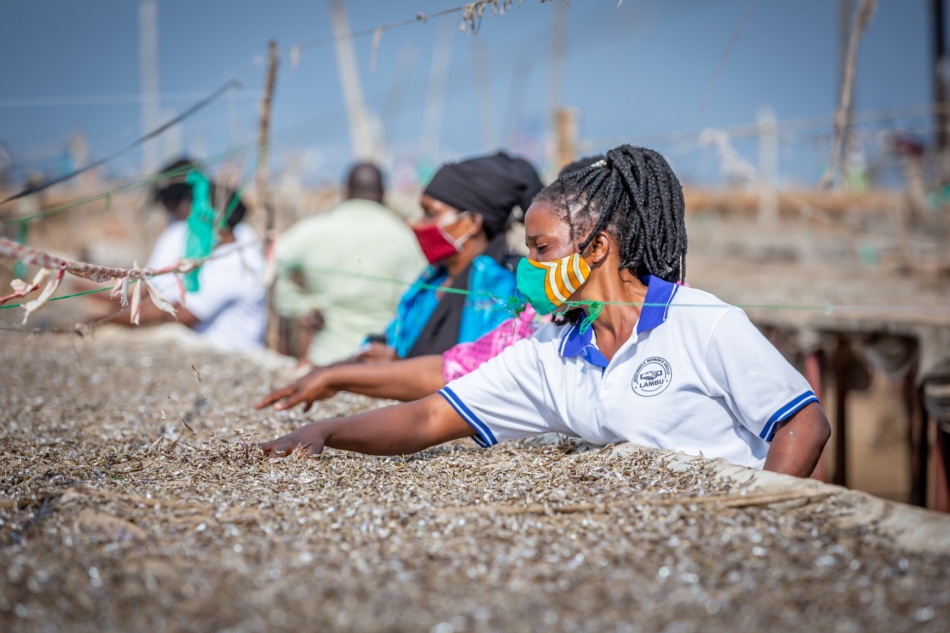Namibia to host Afreximbank Trade Finance event

Ms Mwaba says the event in Namibia will bring together African bankers, financiers, legal practitioners, and other trade finance professionals.
The African Export-Import Bank (Afreximbank), a Pan-African multilateral trade finance institution that aims to promote and finance trade within Africa and between Africa and the rest of the world, is set to host its 2024 Trade Finance Seminar and Factoring Workshop in Windhoek, Namibia, from 5 - 8 November.
Gwen Mwaba, the Managing Director for Trade Finance & Correspondent Banking at Afreximbank, says that the event will bring together African bankers, financiers, legal practitioners, and other trade finance professionals to address key trends in trade finance and offer specialised training in innovative strategies designed to strengthen Africa’s trade ecosystem.
Micro, small, and medium-sized enterprises (MSMEs) are the backbone of Africa’s economy, contributing significantly to GDP and employment.
- However, despite their crucial role, many MSMEs face a crippling challenge—limited access to trade finance. This issue has created a financing gap estimated at $81 billion across the continent, stifling growth and limiting opportunities for expansion.
According to experts, innovative financial solutions like factoring and supply chain finance (SCF) are emerging as effective tools to bridge this gap, offering new avenues for MSMEs to access much-needed capital.
Mwaba says traditional banks are often reluctant to lend to these small businesses, citing high risks, insufficient credit histories, and lack of collateral. As a result, she adds, MSMEs struggle to fulfill orders, maintain inventory, and scale operations, which in turn hampers broader economic development.
- “This seminar aims to strengthen Africa’s trade finance landscape by fostering collaboration and unlocking new opportunities for growth,” Mwaba says, adding that this would drive national economic growth, boost both public and private sector revenues, and enable governments to execute critical development projects.
 Afrexim Bank headquarters in Cairo, Egypt
Afrexim Bank headquarters in Cairo, EgyptOne of the main topics of the seminar will be addressing the estimated trade finance gap in Africa, which ranges between $90 billion and $120 billion annually. The departure of international banks has created a pressing need for local lenders to step in and meet the growing demand for trade finance solutions.
Afreximbank’s seminar aims to foster collaboration among stakeholders to explore strategies for closing this gap, ensuring that African businesses can access the resources they need to thrive in a competitive global market.
The seminar would spotlight factoring and SCF as alternative trade financing solutions that can unlock significant value for African MSMEs. Factoring allows businesses to sell their invoices at a discount to third-party institutions, providing immediate cash flow. This ensures liquidity for MSMEs without increasing their debt burden, enabling them to maintain operations and expand.
Drake Ssennoga, an economist, says the notion of factoring is based on the creditworthiness of a business’s customers rather than the business itself, making it particularly valuable for MSMEs that have limited credit histories.
- Ssennoga also explains the rising appeal of supply chain finance (SCF) in Africa, saying SCF allows MSMEs to receive early payments by leveraging the stronger credit profiles of their larger buyers.
- He says this creates a mutually beneficial arrangement where MSMEs maintain liquidity, while large corporations extend payment terms to better manage their cash flow. “For instance, a large agribusiness in Kampala can ensure that small-scale farmers receive early payments through SCF, enabling smooth operations despite extended payment terms,” Ssennoga notes.
Established in 1993, Afrexim Bank’s mission is to support the transformation of African trade by providing financial services that address the continent's trade finance needs.
The bank, whose headquarters are in Cairo, Egypt, facilitates letters of credit, guarantees, and other instruments that support international trade transactions, helping to reduce risks for African exporters and importers.






























